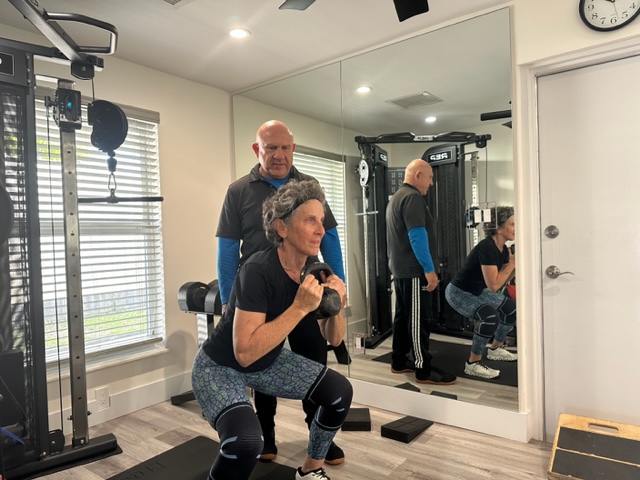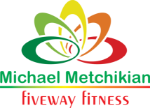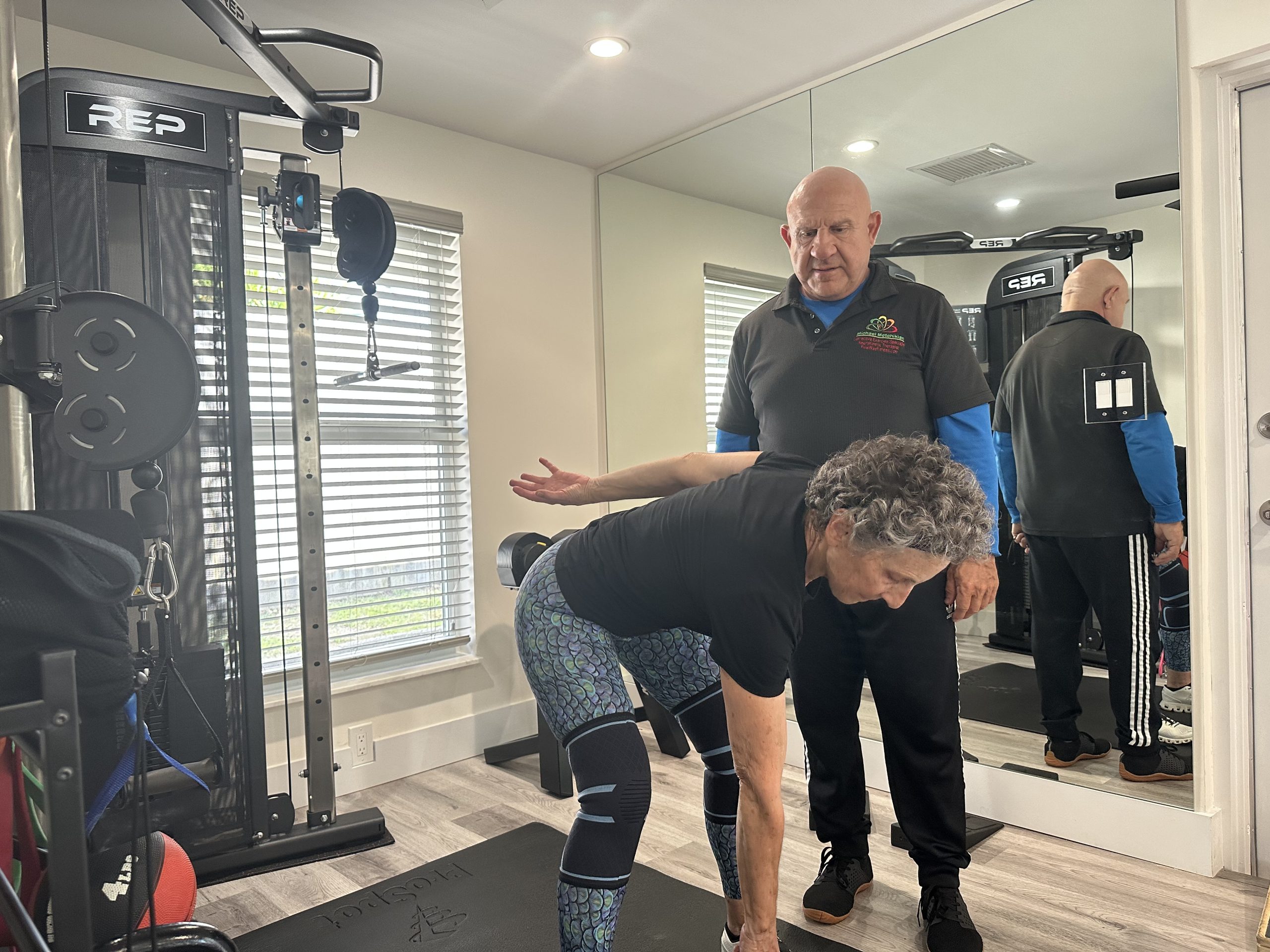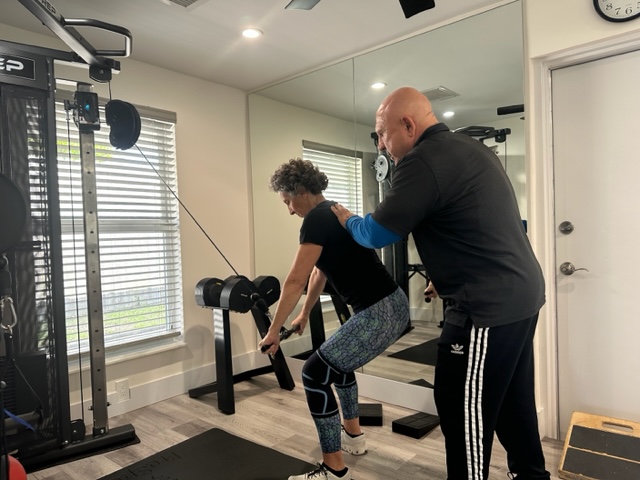
As a corrective Exercise Specialist. I work with a variety of protocols to help people get out of pain and return to daily activities such as exercising, golf, and gardening. One of the protocols I use is called Neurokinetic Therapy (NKT). One issue with shoulder problems is called Frozen shoulders. Frozen shoulder, medically known as adhesive capsulitis, is a painful condition characterized by stiffness and limited range of motion in the shoulder joint. Conventional treatments often include physical therapy, medications, and in severe cases, surgery. However, a growing body of evidence suggests that NeuroKinetic Therapy (NKT) can offer a unique and effective approach to alleviating the symptoms of a frozen shoulder. NKT, a holistic movement-based therapy, focuses on the interconnectedness of muscles and the nervous system, aiming to address the root cause of dysfunction. In this article, we explore the benefits of NeuroKinetic Therapy in the context of frozen shoulder.

Understanding Frozen Shoulder:
Frozen shoulder typically progresses through stages, with pain and inflammation giving way to stiffness and restricted movement. The exact cause is not always clear, but factors such as injury, prolonged immobilization, or underlying conditions like diabetes may contribute. Conventional treatments often target symptoms rather than the underlying issues, which is where NeuroKinetic Therapy stands out.
How NeuroKinetic Therapy Works:
NeuroKinetic Therapy is grounded in the understanding that the brain and muscles work in a coordinated manner. It operates on the principle that muscle imbalances and compensations can lead to dysfunction and pain. By identifying these patterns, NKT practitioners can devise targeted interventions to reprogram the neuromuscular system.
Benefits of NeuroKinetic Therapy for Frozen Shoulder:
- Precise Assessment:
- NKT practitioners perform a thorough assessment to identify dysfunctional movement patterns and muscle imbalances contributing to frozen shoulder. This precision allows for a customized treatment plan tailored to the individual’s specific needs.
- Muscle Retraining:
- NKT involves a series of precise muscle tests to identify overactive and under-active muscles. By retraining these muscles, NKT aims to restore proper movement patterns and alleviate stress on the affected shoulder joint.
- Improved Range of Motion:
- One of the primary goals of NKT is to restore a full range of motion to the shoulder joint. Through targeted exercises and corrective interventions, individuals with frozen shoulders may experience increased flexibility and reduced stiffness.
- Pain Reduction:
- NKT addresses the root cause of frozen shoulder by correcting muscle imbalances. As a result, many individuals report a significant reduction in pain as the neuromuscular system becomes more balanced and efficient.
- Holistic Approach:
- Unlike some conventional treatments that may focus solely on the shoulder joint, NKT takes a holistic approach. It considers the entire body’s movement patterns, recognizing that dysfunction in one area can contribute to issues in another. This comprehensive perspective enhances the effectiveness of the therapy.
- Preventive Potential:
- By identifying and addressing muscle imbalances early on, NKT may have a preventive role in minimizing the risk of frozen shoulder recurrence or the development of similar musculoskeletal issues in the future.
NeuroKinetic Therapy offers a promising avenue for individuals seeking relief from the debilitating effects of a frozen shoulder. Its emphasis on the interconnectedness of the nervous and muscular systems, coupled with precise assessments and targeted interventions, sets it apart as a holistic and effective approach to rehabilitation. As research in this field continues to evolve, NeuroKinetic Therapy may emerge as a valuable complement or alternative to traditional treatments for frozen shoulder, providing individuals with a path to restored mobility and a pain-free life.
Michael Metchikian CPT, Lmt, CES, NKT- works with his client privately in his studio. At- home or Mobile in the Eastern South Florida area. Boca Raton, Fort Lauderdale, Pompano Beach, Deerfield Beach, Delray Beach, Boynton Beach,
?





